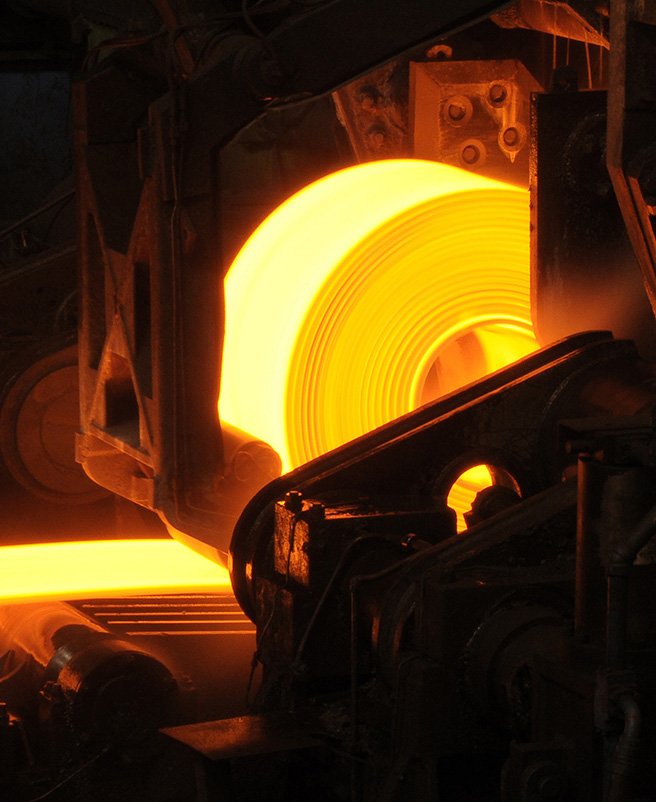Supply chain sustainability
Our target is that our suppliers make a commitment with us to economically, socially and ecologically sustainable operations. We procure our products from the best suppliers in the field in order to safeguard long-term and stable operations.
Raw material choices and traceability
We require our suppliers to provide adequate documentation on all aspects of material handling or chemicals used in production to safeguard long-term and stable operations.
Non-conflict minerals
We source materials and components from reputable international partners, such as SSAB, who are committed to supporting the objectives of the international community against minerals being sourced from countries which are either suffering from armed conflict, such as civil war, a post-conflict state of fragility or witnessing weak or non-existing governance and systematic violations of international law, including human rights abuses. By evaluations, agreements and audits, we ensure that our suppliers comply with the same objectives.
Waste management
- Minimizing waste generation by recovery, reuse, and recycling
- Training employees in recycling and waste management
- Annual contracts with the industry’s leading steel recycling companies, so that we can be sure of the correct reuse and recycling of steel waste
Energy efficiency (manufacturing)
At Antti, we prioritize energy-saving practices and strive to reduce our environmental footprint in various ways. One of the measures we take is the utilization of LED technology for lighting.
Additionally, we actively implement heat recovery systems wherever possible. These systems allow us to capture and reuse waste heat generated during various processes. By recovering and utilizing this heat, we minimize the need for additional energy inputs, thereby optimizing energy efficiency and reducing overall energy consumption.
In our vehicle fleet, we prioritize the use of hybrid and electric technology. By incorporating hybrid and electric cars and forklifts, we decrease our reliance on fossil fuel-powered vehicles and reduce tailpipe emissions. These technologies not only contribute to lower carbon emissions but also help us maintain a more sustainable transportation system.
Carbon neutral heating
We utilize woodchips as fuel to heat our office and manufacturing facilities. This method reduces the dependence on fossil fuels such as oil or gas, non-renewable sources that contribute to greenhouse gas emissions. Woodchips are also a carbon-neutral energy source, as the carbon released from burning is offset by the carbon absorbed by growing the trees.
Additionally, using woodchips creates a local and circular economy, as timber waste material is utilized as fuel instead of being discarded. Overall, the use of woodchips as fuel promotes sustainability by reducing dependence on non-renewable energy sources, minimizing waste, and contributing to the mitigation of greenhouse gas emissions.

